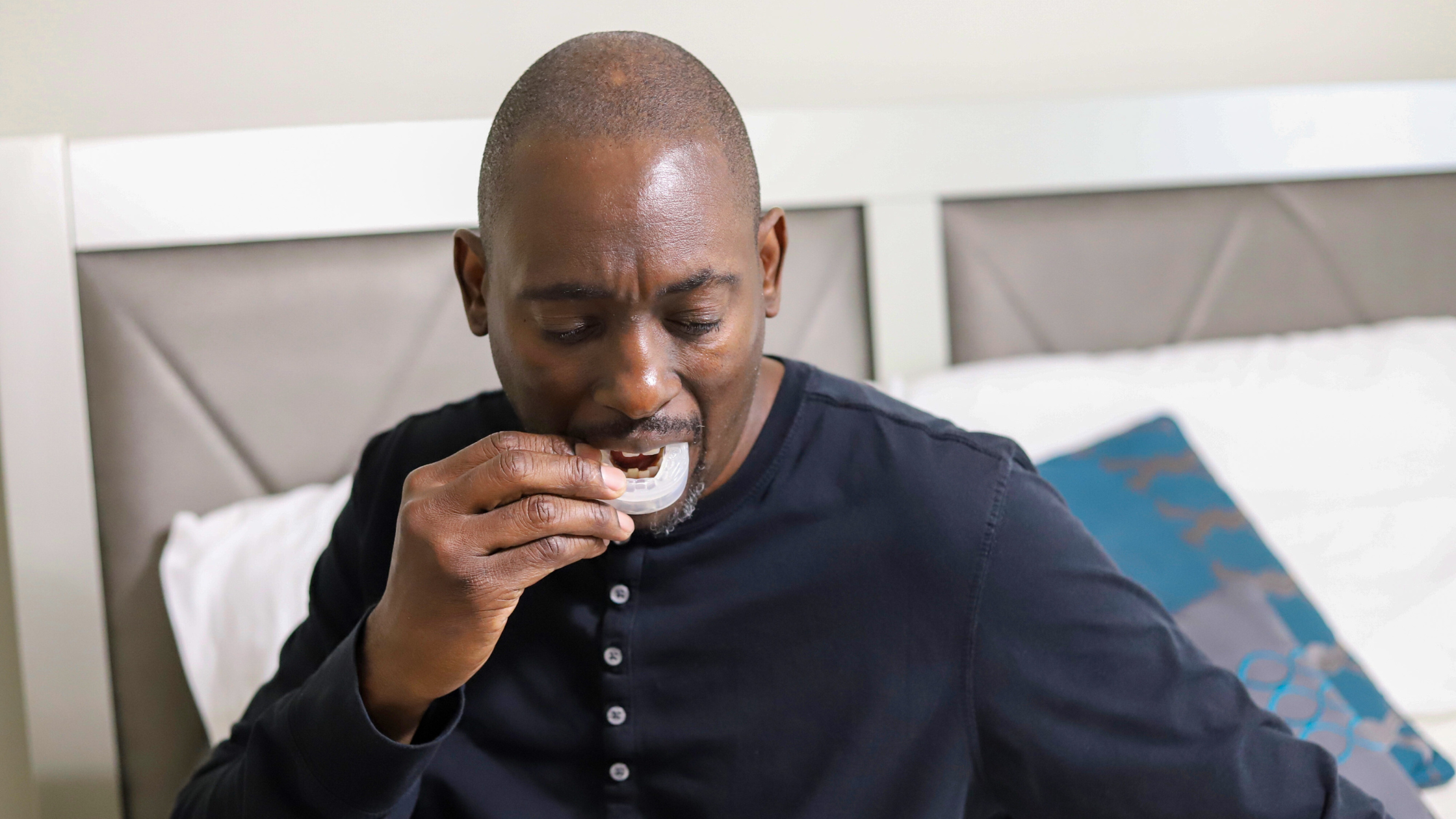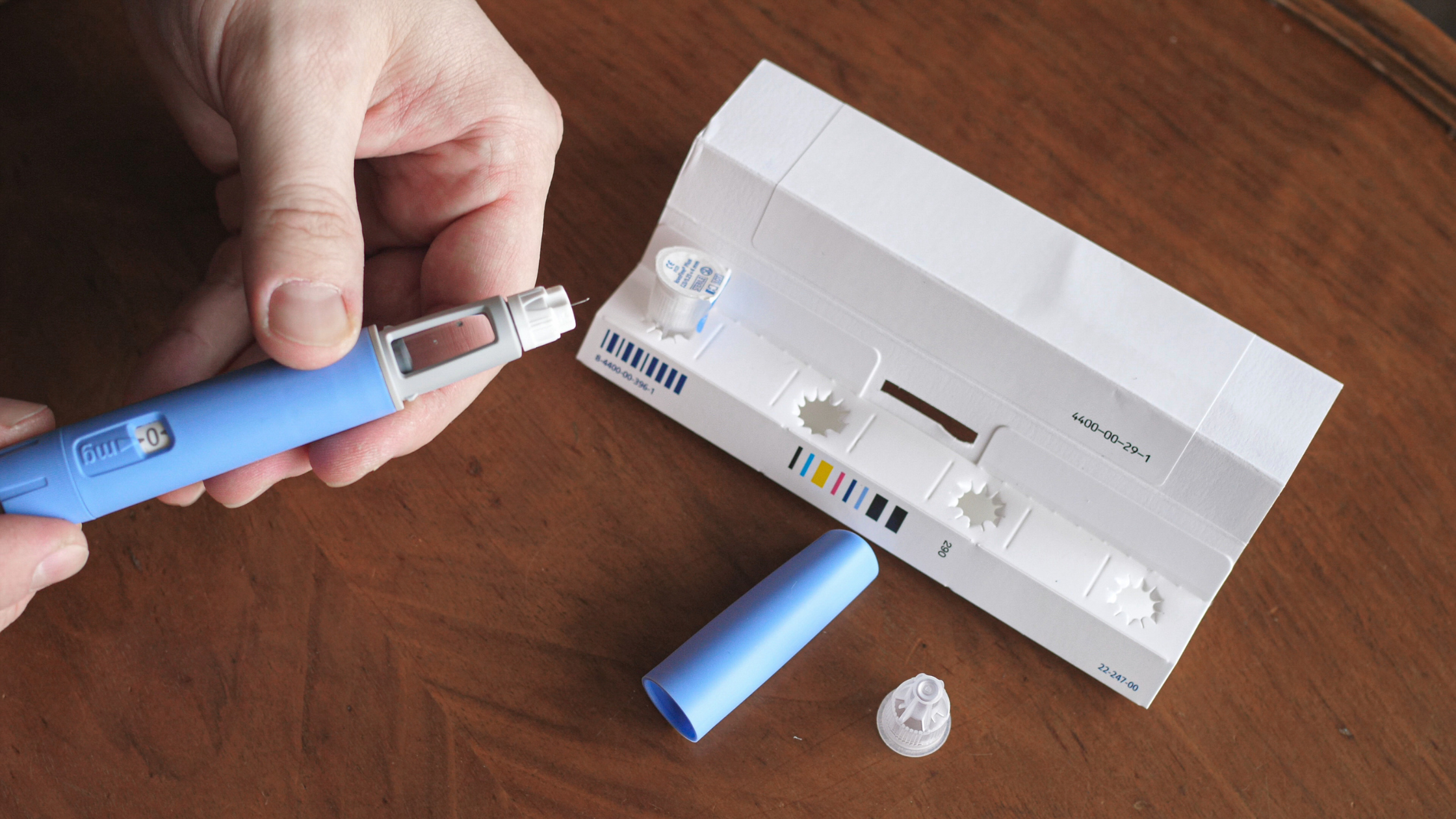Sleep and weight management are deeply intertwined, influencing each other in ways that can either boost well-being or contribute to health challenges. For those struggling with sleep disorders like obstructive sleep apnea (OSA), insomnia, or simply restless nights, weight loss can play a significant role in improving sleep quality. In this blog post, we’ll explore how shedding excess pounds can lead to better sleep, the mechanisms behind this connection, and practical tips for achieving weight loss that supports restful sleep.
Darian Dozier
Recent Posts
A Guide to Oral Appliances for Sleep Apnea Treatment
Sleep apnea is a common sleep disorder that affects millions of people worldwide. Characterized by repeated interruptions in breathing during sleep, sleep apnea can lead to poor sleep quality, excessive daytime sleepiness, and increased risk of other health issues, such as cardiovascular disease. While continuous positive airway pressure (CPAP) machines are the standard treatment for moderate to severe obstructive sleep apnea (OSA), many individuals find them difficult to use consistently. For those with mild to moderate OSA, oral appliances can offer a less intrusive alternative.
In this blog post, we’ll explore the different types of oral appliances available for sleep apnea treatment, how they work, and their potential benefits and drawbacks.
Understanding the Link Between Liver Disease and Sleep
The liver is a vital organ responsible for numerous functions, including detoxification, metabolism, and the production of important proteins. When the liver is compromised due to conditions such as hepatitis, cirrhosis, fatty liver disease, or other liver disorders, it can have far-reaching effects on overall health—including sleep. In this blog post, we’ll delve into how liver disease can impact sleep, the specific challenges faced by those with liver conditions, and tips for improving sleep quality if you or a loved one is dealing with liver disease.
How a Sedentary Lifestyle Impacts Sleep and What You Can Do About It
In today’s world, many of us spend a large portion of our day sitting—whether it’s at work, commuting, or unwinding in front of a screen. A sedentary lifestyle, characterized by minimal physical activity, has become increasingly common. While the negative effects of being sedentary on physical health—like weight gain, cardiovascular issues, and decreased muscle tone—are well-known, fewer people realize that it can also have a profound impact on sleep quality. In this blog post, we’ll explore how a sedentary lifestyle affects sleep and offer tips to combat these effects.
Chronic Stress and Sleep: Breaking the Cycle for Better Rest
In our fast-paced, demanding world, chronic stress has become an all-too-common experience for many. Whether it’s due to work pressures, personal relationships, financial worries, or health concerns, prolonged exposure to stress can significantly impact our well-being, particularly our sleep. In this blog post, we’ll explore the intricate relationship between chronic stress and sleep, how stress affects our ability to rest, and strategies for breaking the cycle to achieve better sleep.
The Intricate Connection Between Sleep and Gut Health
In recent years, the importance of gut health has gained significant attention in the wellness community. With growing research linking the gut microbiome to various aspects of health—including immune function, mental health, and even chronic diseases—it's becoming increasingly clear that maintaining a healthy gut is crucial. However, what many people may not realize is that sleep plays a vital role in gut health as well. In this blog post, we’ll explore the fascinating relationship between sleep and gut health, and how prioritizing one can significantly impact the other.
GLP-1 Agonists and Sleep: Understanding the Connection
In recent years, GLP-1 (glucagon-like peptide-1) agonists have gained significant attention in the medical community for their role in managing type 2 diabetes and obesity. These medications work by mimicking the effects of the naturally occurring hormone GLP-1, which helps regulate insulin secretion, glucose levels, and appetite. However, an interesting area of research is emerging regarding the impact of GLP-1 agonists on sleep. In this blog post, we’ll explore the connection between GLP-1 agonists and sleep, examining both the potential benefits and considerations for patients.
In today’s hyper-connected world, social media has become an integral part of our daily lives. From Facebook and Instagram to TikTok and Twitter, platforms are constantly vying for our attention, often leading us to spend hours scrolling, posting, and interacting. While social media has many benefits—such as fostering connections and providing entertainment—it can also have a detrimental effect on our sleep. This blog post delves into how social media can induce sleep disorders, the underlying mechanisms, and strategies for reclaiming healthy sleep patterns.
Adjusting Your Sleep Patterns as a Newcomer to Alaska
Moving to Alaska is an exciting adventure, but it comes with unique challenges, especially when it comes to adjusting your sleep patterns. Alaska’s extreme variations in daylight—from long, bright summers to dark, cold winters—can significantly impact your body’s natural sleep-wake cycle. If you’ve recently moved to the Last Frontier, you may find it difficult to maintain a regular sleep routine, but with some planning and mindfulness, you can adjust to Alaska’s unique light cycles and ensure you’re getting the rest you need.
In this blog post, we’ll explore how Alaska’s environment affects sleep and provide practical tips for adapting your sleep patterns to your new surroundings.
Establishing and maintaining a consistent bedtime routine is one of the most important things you can do for your child’s well-being. Adequate sleep is crucial for children’s physical health, emotional regulation, cognitive development, and overall behavior. However, getting kids to stick to a set bedtime can often be a challenge, especially when there are distractions like screens, activities, or resistance from the kids themselves.
In this blog post, we’ll explore why enforcing bedtimes is so important, how to be strict (but fair) about bedtime rules, and tips to make the process smoother for both you and your child.










